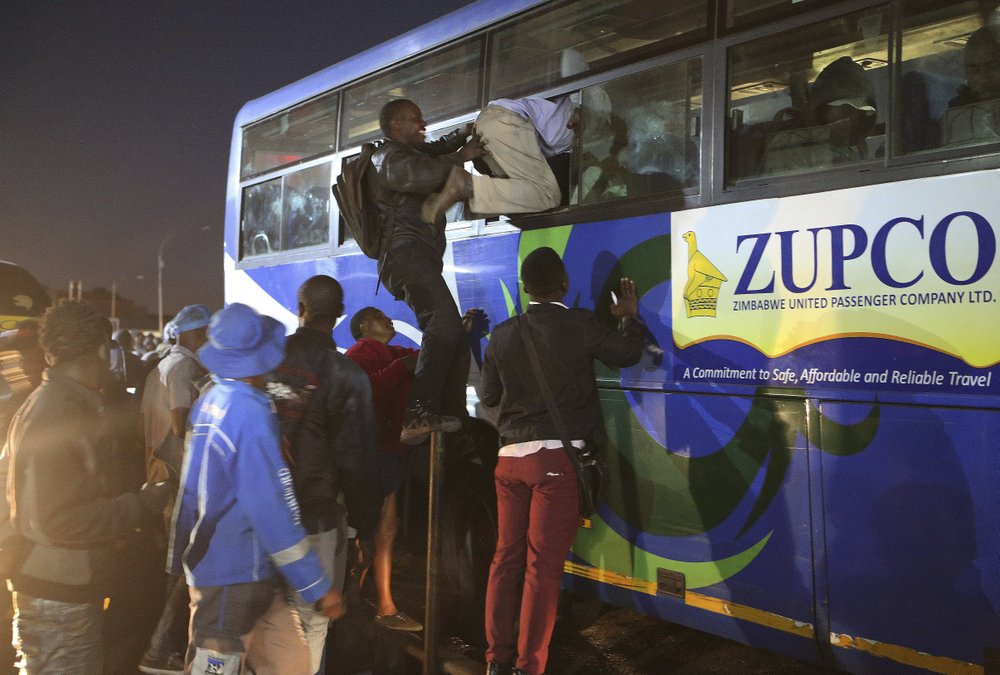HARARE – Zimbabwe’s public transport network should be opened up to private players, the MDC Alliance has demanded after condemning the ZUPCO service as “inefficient” and a threat to public safety.
ZUPCO, which has enjoyed a monopoly in the sector since March when the government imposed Covid-19 movement restrictions while grounding privately-operated buses and kombis, this week hiked fares by up to 100 percent.
ZUPCO bus fares went up from Z$8 to Z$16, Z$12 to Z$24 and Z$16 to Z$32, depending on the route, while kombis which have joined ZUPCO’s network went up from Z$16 to Z$32 and from Z$32 to Z$48.
The MDC Alliance says the new fares are unaffordable to most Zimbabwean workers whose salaries have lagged behind runaway inflation which was over 800 percent last month.
“The fare increase comes at a time when the state has ignored requests by civil servants for a meaningful salary increase. Most civil servants depend on the ZUPCO transport system to work, and the fare increase will erode their already meagre salaries,” the MDC Alliance’s secretary for transport Settlement Chikwinya said in a statement.
With schools set to open this month for exam sitting classes, the MDC Alliance is warning that ZUPCO’s already overwhelmed system will not cope.
“It is unreasonable for the minister (of primary and secondary education) to expose school children to the existing public transport system as there is high likelihood of abuse, an inability to observe proper social distancing and children missing lessons and exams due to the unavailability or inefficiency of ZUPCO’s transport system,” Chikwinya added.
The MDC Alliance called for an “open market transport system where registered commuter operators are allowed to compete with ZUPCO buses and offer efficient, affordable transport alternatives to the general public.”
ZUPCO CEO Evaristo Madangwa they would not be increasing fares again “anytime soon”.
“We have reached a point where we can actually operate viably,” he said of the latest fare increase.
ZUPCO says it has plans to set aside buses dedicated to school children – although it remains unclear how it would achieve this when its current bus fleet is failing to ferry commuters on time leading to long queues and travel delays.
















